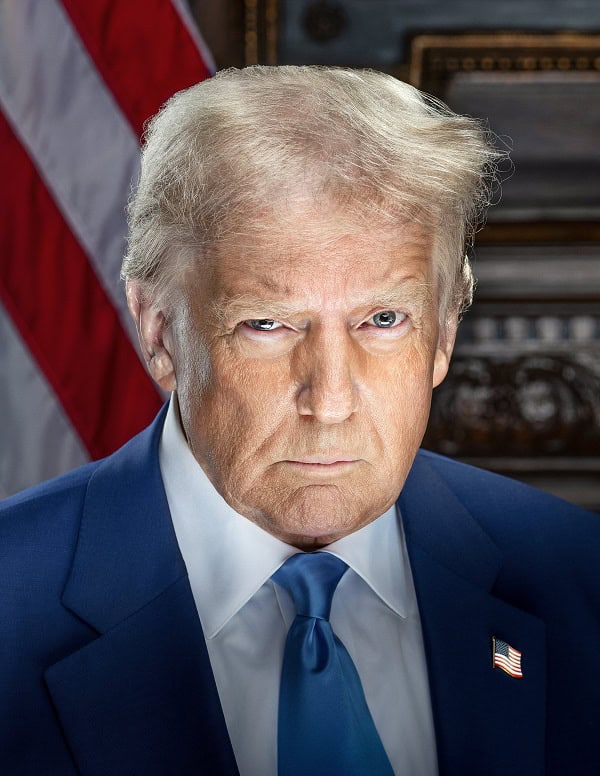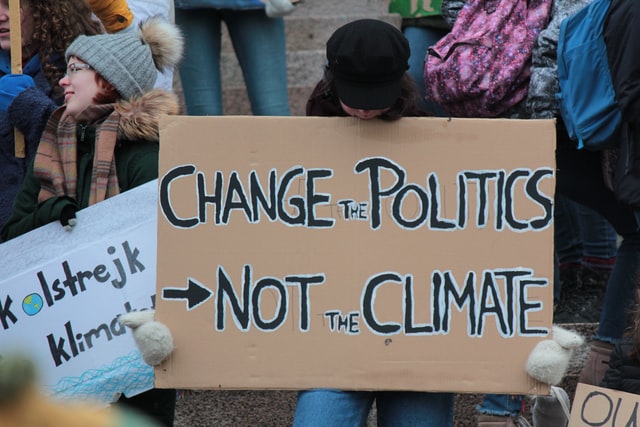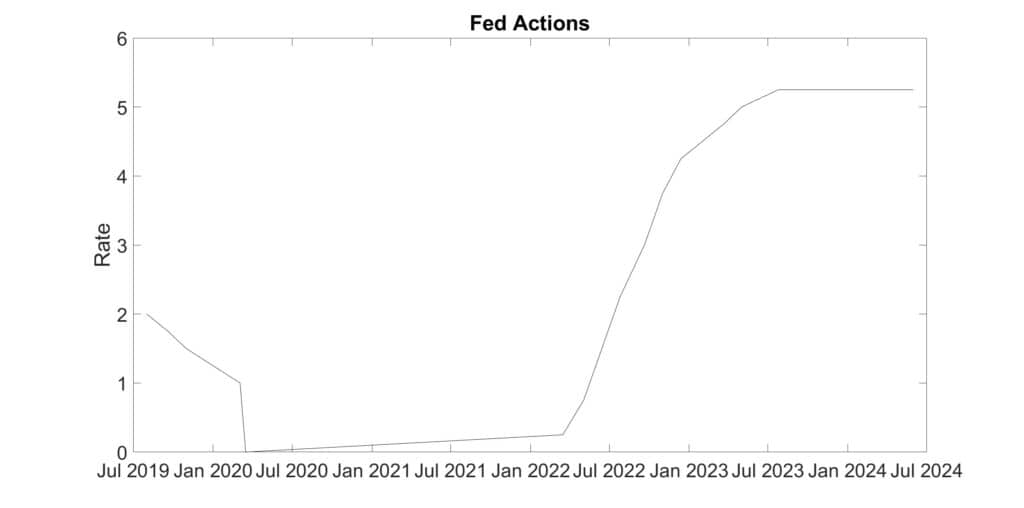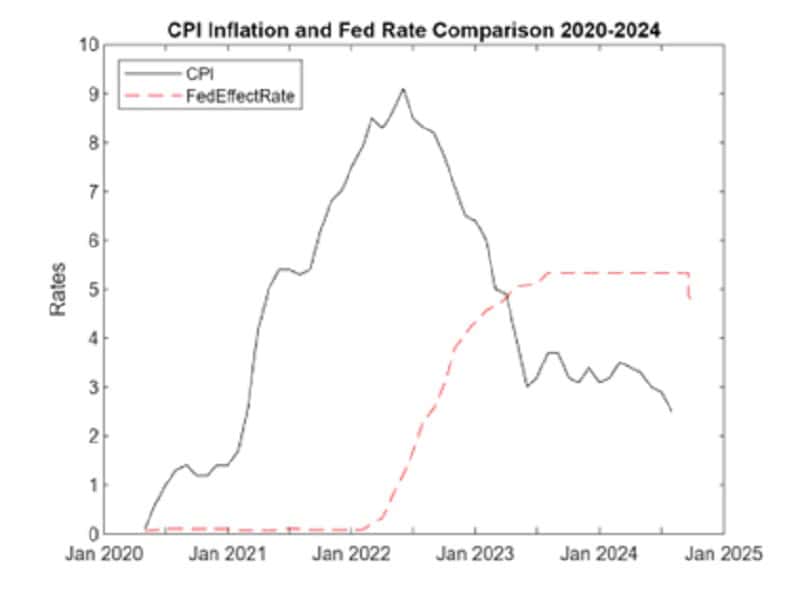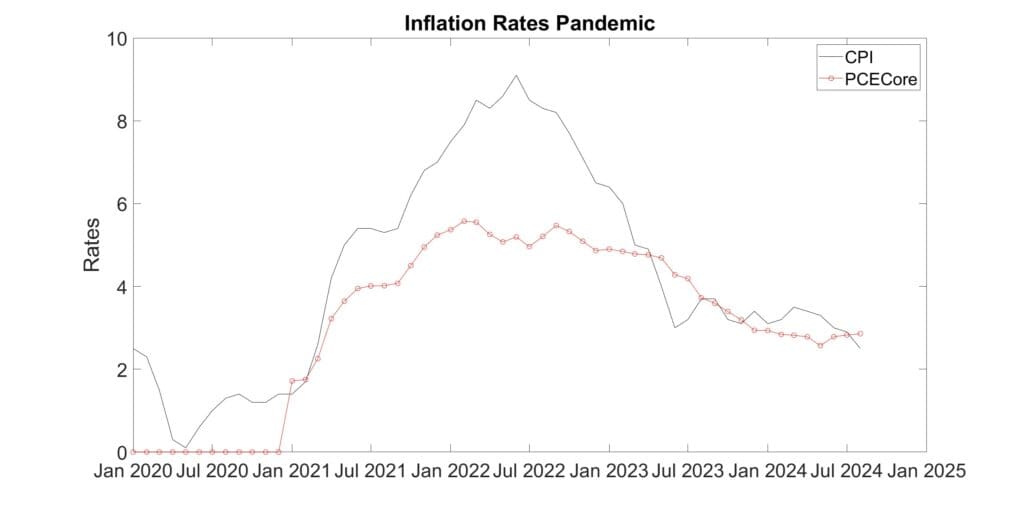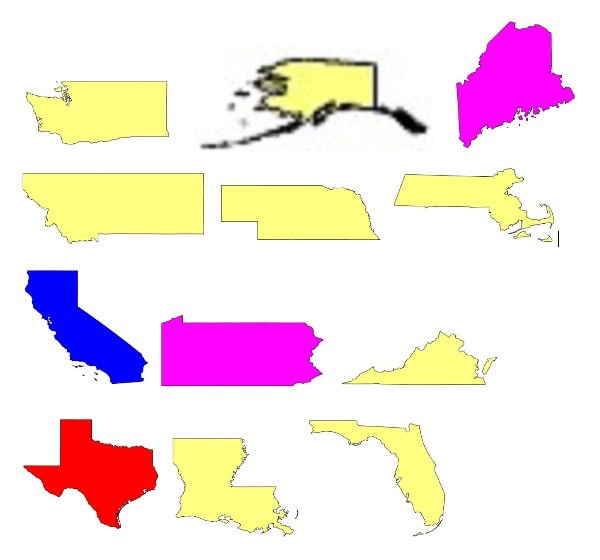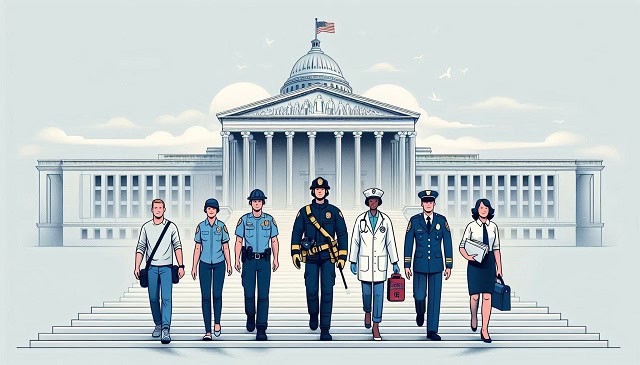The Quest for Representation
The United States, with a rich history spanning over two centuries, faces a critical juncture. Monumental shifts in society, scientific advancements, technological breakthroughs, and economic innovations relentlessly challenge the resilience of our governmental framework. These transformative forces loom, threatening to derail our time-honored processes. Can the US endure as a thriving democracy when political factions obstruct majority rule, and corporate lobbyists wield influence to favor their clients over the common citizen?
Economic Policy
Moving from theory to reality…
It is a matter of concern that corporate income tax rates remain lower than those for individuals. Class C corporations, numbering 1.7 million in 2024, are subject to a fixed 21% tax on their taxable income. In contrast, high-earning individuals face a 37% tax rate. The question arises: do many corporations earn more than $731,200? If the answer is affirmative, then it is undeniable that they enjoy a more favorable tax rate compared to households with taxable income exceeding that threshold.
However, the issue concerning corporations and the Federal government extends far beyond the surface. The framers of the Constitution did not outline the interaction between corporations and government. Instead, the treatment of corporations has evolved through legislation enacted since the country’s inception and court rulings on how the Constitution applies to business entities larger than individual proprietors and small partnerships. The practice of granting corporations First Amendment rights and permitting their contributions to political parties and campaigns is deeply troubling.
Government is meant to be of the people, by the people, and for the people. However, granting corporations political rights creates a situation where CEOs can effectively double-dip in the well of political discourse. These CEOs already have individual rights and can make political contributions in their own names. Unfortunately, the situation worsens when we consider that many corporations have global business interests. Consequently, their US political stances may be significantly influenced by the potential impact on their overseas operations, which might not always align with the interests of the citizens of the United States.
Democratic Representation
Across the span of two centuries, the US federal government has witnessed a disconcerting erosion of democratic principles. In this very century, not once but twice, a presidential candidate with fewer national votes has secured the majority of electoral votes. Before dismissing this as a mere aberration, consider that half of the Senate is elected by states representing a mere 17% of the population. Furthermore, gerrymandering distorts House representation, casting shadows on the bedrock of our democratic system.
For half a year, the Speaker of the House withheld a crucial bill from reaching the floor for a vote. Not because of doubts about its passage, but because a faction within his party dreaded its success and wielded threats against his leadership. Curiously, the Constitution does not grant the Speaker this authority. Instead, it is a procedure established by political parties—an affront to the very concept of majority rule. Interestingly, the bill in question ultimately prevailed with an impressive three-fourths majority.
When Rights Collide
Consider abortion. The Constitution remains silent on the precise definition of ‘person.’ Instead, it relies on the commonly understood meaning of the term. In today’s era of medical advancements, a fetus can viably exist outside a woman’s body at an earlier stage than ever before. While no one takes the decision to have an abortion lightly, the question arises: should the government intervene in determining the delicate balance between the rights of the living, expectant mother and those of the embryo—a potential child? In my opinion, certainly not until the fetus becomes self-sustaining. This decision should rest with the mother and father.
Election Policy
I hear some of you grumbling, ‘Enough already!’ The world isn’t flawless, and neither is the US. But truth be told, we’re holding up quite well, so perhaps it’s best to let things be.
Clearly, I hold a different perspective. Allow me to conclude by highlighting a notable government shortcoming: we are merely six months away from a presidential election and a crucial issue remains unresolved.
One candidate faces accusations of attempting to overturn the 2020 election, which they lost. This case should have been resolved by now. Citizens deserve clarity on whether the candidate is guilty of this offense. Without this information, how can voters make an informed choice in the upcoming election?
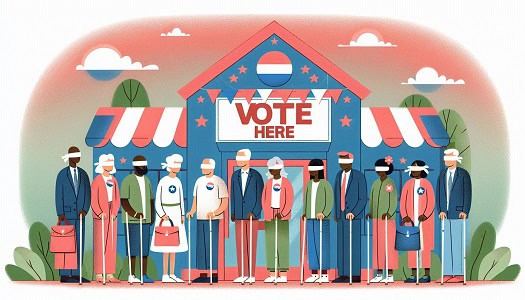
This represents a significant deficiency in a fundamental aspect of governance. When the government fails to provide essential information necessary for informed voting choices, it raises a critical question: how probable is it that elections will yield the selection of the most qualified candidate?
In an upcoming post, I will delve into the challenges that future governments will face and propose changes aimed at ensuring that the government truly represents the desires of the majority.
Additional Information
Citation. Image of Voters with Blindfolds generated by Bing at my request.
Government Size and Role
Government and Corporations
The republic of the United States treats each state as equal with a surprising result
Personhood at Conception: Impact
Two Campaign and Four Process Changes
